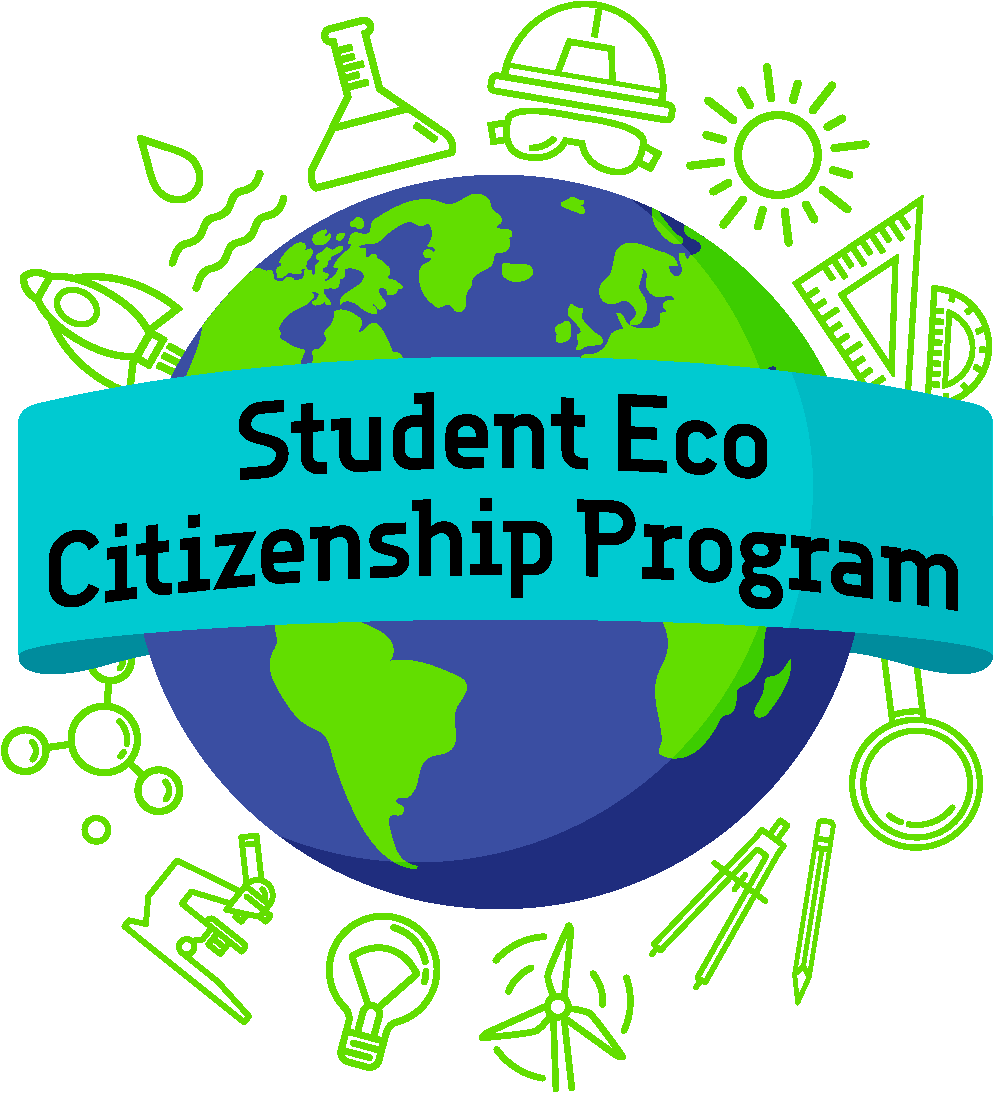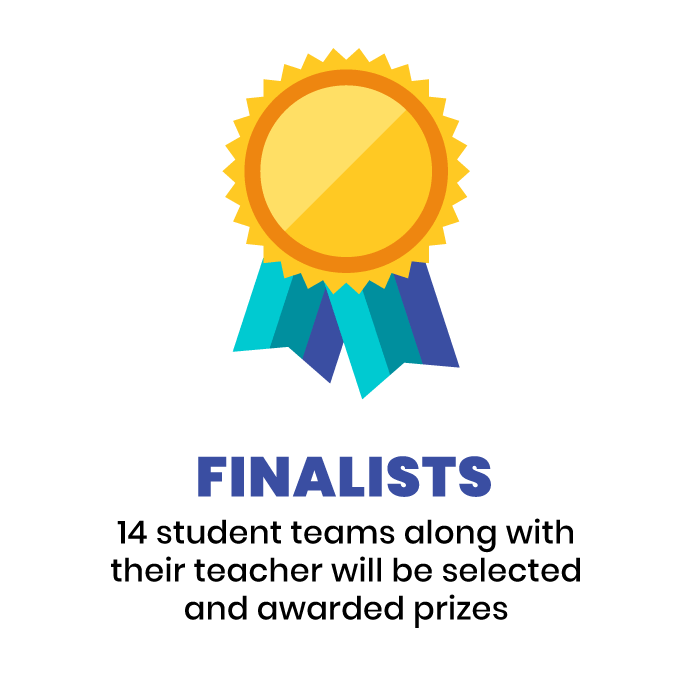
Home | Registration| Resources | Competition | FAQ
Competition
Once student teams have completed Lessons 1-3, they will then complete Lesson 4.
In Lesson 4, students will create a 2 page or 4 page document (Word, GoogleDocs etc.) explaining their project and the outcomes.
Here are the requirements:
- Must be in English and typed
- Title of your project
- Each student’s first and last name on the team
- Teacher’s Name
- School Name
- City, State
- What did you learn in your research about your topic? (50-100 words)
- What was the project you did and what actions did you take to create solutions to the problem? (125-250 words)
- Two Photos or illustrations (can be hand-drawn illustrations) of the actions your team conducted
- A graph, chart or infographic that reflects your outcomes
- Conclusion and reflection of what your team learned about the topic
- Ideas on how you can continue to move the project forward
Once the document is ready each team will:
- Save their document in PDF format.
- The PDF document should be saved and labeled with the following details:
- School Name
- Teacher Name
- City
- First names of each student on the team
- Share their entry with their teacher.
Teachers Please note the following:
- Each student team must have different actions if using the same topic. Please do not submit the same entries for each student team.
- You must review each of your student team entries and choose the five best entries to upload and submit into the competition.
- Entries not in the proper format will not be accepted!
Important Documents:
Submission Project:
Submission Deadline:
Entries Due by 6:00 PM EST on May 9, 2025


Submission Link
All entries MUST be uploaded in PDF format
*PLEASE UPLOAD EACH TEAM ENTRY SEPARATELY!
No mailed entries will be accepted, only digital entries.
Prizes will be awarded at the Student Eco Citizenship Program winners’ ceremony in early June 2025.

Home | Registration| Resources | Competition | FAQ
Questions? Comments? Contact Kim@Fill.Foundation or call 718-483-4262
©2020-2024 Foundation for Impact on Literacy and Learning